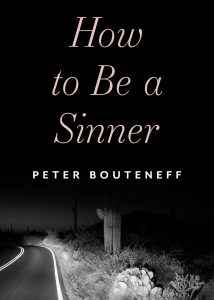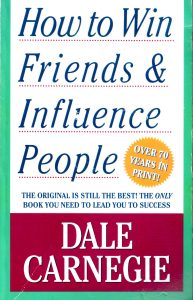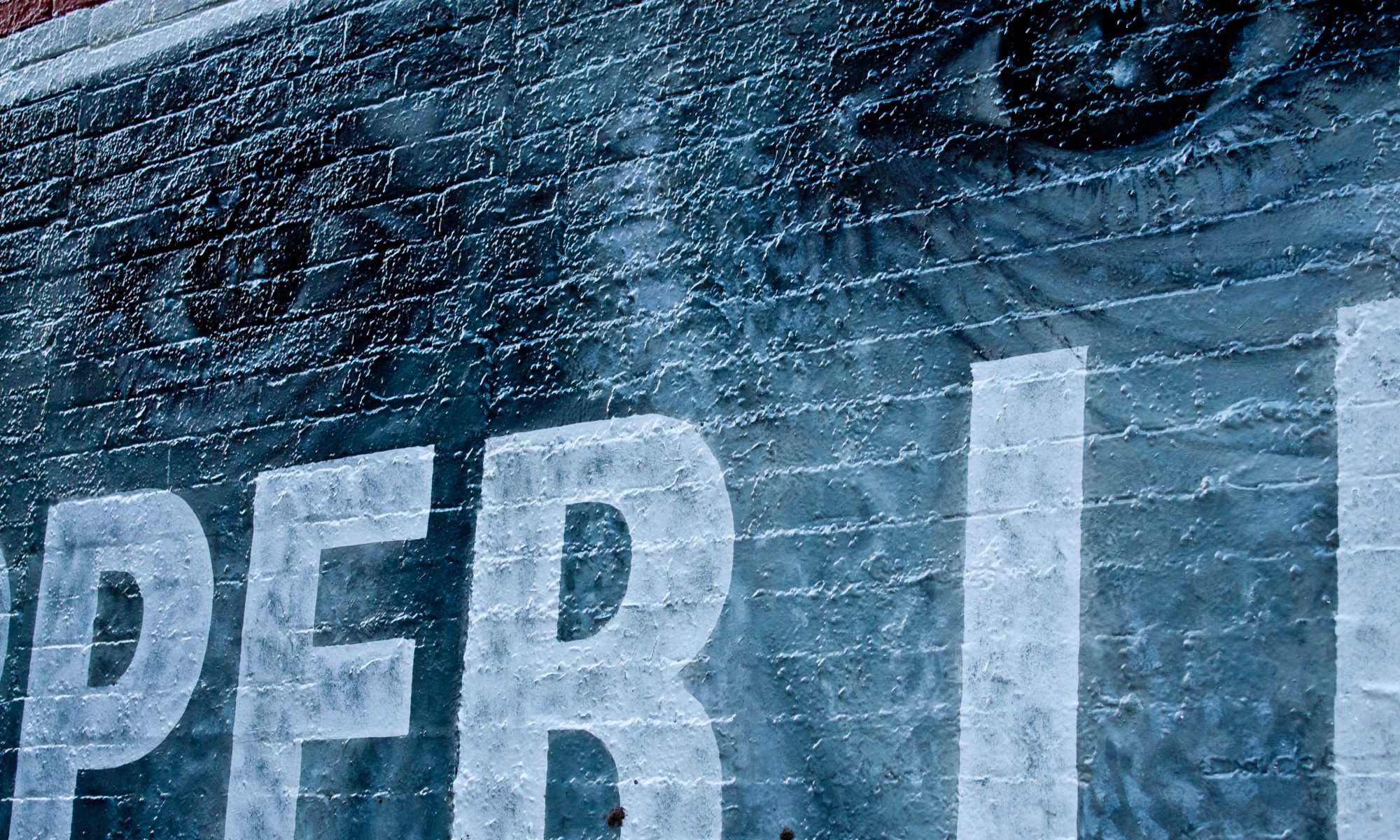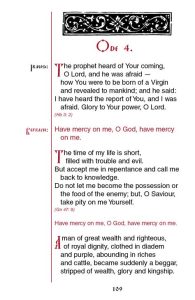More and more people are learning about my new book, How to Be a Sinner. One reaction I get a lot when people learn the title is, “Well, I sure don’t need help with that!” Usually this is said with an eye roll. “Heh-heh, yes, I sure am a sinner already! That’s one thing I’ve got down pat!” And I hope that’s not as far  as they get with my book.
as they get with my book.
How did I come up with that title anyway?
First, there was my internal process of understanding myself as a sinner. I describe that process in the book. Since I was a child, of course I’d always known I had faults (as well as a lot of frustrations with other people’s!). I had gone to confession regularly ever since I’d come of age, reporting this or that lie, vengeful feeling, anger at being snubbed, whatever. I knew I wasn’t perfect, but I was always somewhat put off with calling myself a “sinner.” Especially when that language really got going, “When I think of the many evil things I have done, wretch that I am” – this prayer, sung solemnly during the Lenten period, would actually make me and my sister giggle. It felt so over-the-top. Not to mention the superlative: “I am the worst sinner in the world.” What is up with that? How can I actually be the worst?
 Over a period of a couple of years, marked by many transitions and travels, I came to inhabit the “sinner identity” in ways that made increasing sense to me. I’m sure that this is a process everyone goes through differently, if at all. But even as I continue on that journey, I’ve never lost sight of the inherent strangeness of naming myself “sinner.” In fact, I’ve really benefited from doing what we academics call “problematizing” the concept – digging into it, exposing the potential conflicts or inner tensions in an idea. Sometimes, raking an idea over the coals gives you the chance to come out stronger on the affirmative end. That’s what I’ve been finding, with the “sinner” concept.
Over a period of a couple of years, marked by many transitions and travels, I came to inhabit the “sinner identity” in ways that made increasing sense to me. I’m sure that this is a process everyone goes through differently, if at all. But even as I continue on that journey, I’ve never lost sight of the inherent strangeness of naming myself “sinner.” In fact, I’ve really benefited from doing what we academics call “problematizing” the concept – digging into it, exposing the potential conflicts or inner tensions in an idea. Sometimes, raking an idea over the coals gives you the chance to come out stronger on the affirmative end. That’s what I’ve been finding, with the “sinner” concept.
One quick example of “problematizing”: Given the power that names have over  us, don’t we usually want to name ourselves more affirmatively? If I call someone, “Joseph the liar,” I am enshrining that into his behavior. If I associate a tendency with someone and name it—“Jenny-who-is-bad-at-math”—I’m leaving them no escape from it. So If I call myself “sinner,” am I sealing myself with that reality, with no way out of it? Does “sinner” speak to the totality of what/who I am? Well, I address these and other questions head-on in the book.
us, don’t we usually want to name ourselves more affirmatively? If I call someone, “Joseph the liar,” I am enshrining that into his behavior. If I associate a tendency with someone and name it—“Jenny-who-is-bad-at-math”—I’m leaving them no escape from it. So If I call myself “sinner,” am I sealing myself with that reality, with no way out of it? Does “sinner” speak to the totality of what/who I am? Well, I address these and other questions head-on in the book.
The point is, I’m interesting in “thickening,” or deepening, this dynamic for myself within the Church. Because the Church evidently sees it as a healthy, saving thing: calling ourselves sinners, in the face of a loving merciful God who came to us with the explicit purpose of saving sinners. It is a liberating, cleansing thing. Together with compunction, it brings peace of soul.
I kept thinking that maybe there is something to be gained by a series of reflections on, well, how to do this thing better. I know  that I needed such reflections. (And that’s always the book you’re going to write: the book you need to read. Right?)
that I needed such reflections. (And that’s always the book you’re going to write: the book you need to read. Right?)
So, maybe four years ago, I was sitting up in bed reading one evening and got the idea of writing this book, and at that very same moment, the title came to me: How to Be a Sinner. I knew it was a risky title, so apt to be misunderstood. It’s something of a winking title. My wife liked it instantly. We went over other options, like Sinning for Dummies, and other, sillier ones, and decided on the original one. Anyway, my hope is that—rather than either turning people off, or getting them to dismiss the book because of their supposed expertise on sin—it invites people to explore it. Even better if it turns out to be helpful in some way.
So, what do you think of the title?

 I’ll be speaking at my own parish,
I’ll be speaking at my own parish, 
 I will be delivering a talk entitled (you guessed it) “How to Be a Sinner” at the
I will be delivering a talk entitled (you guessed it) “How to Be a Sinner” at the